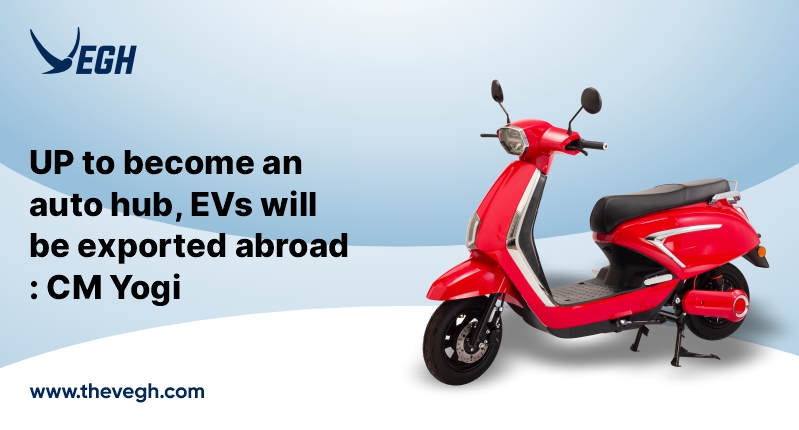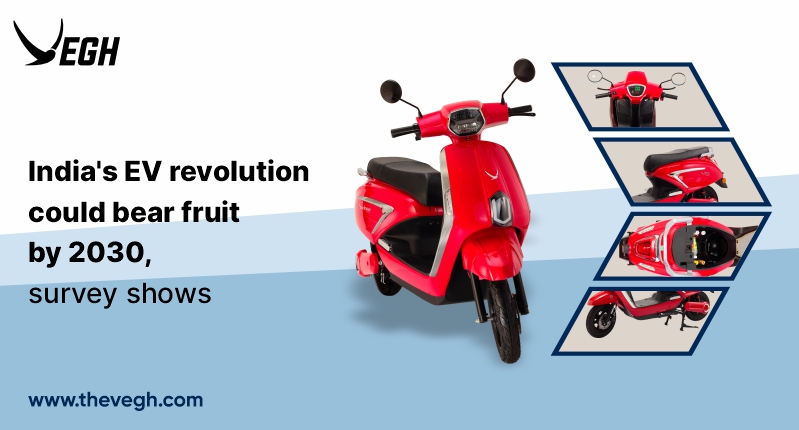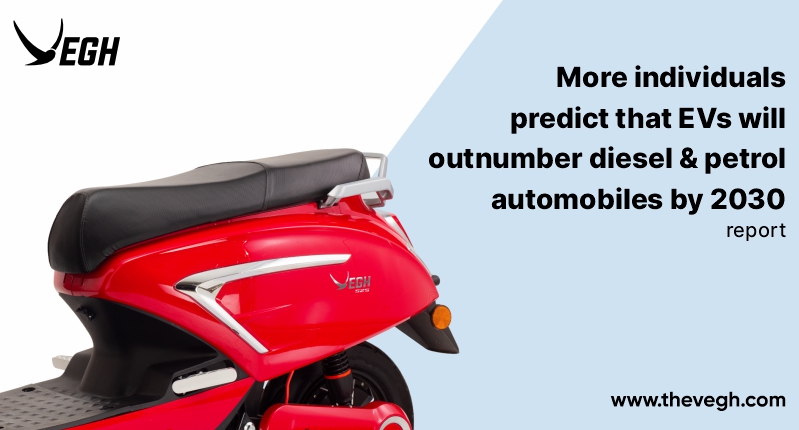
The Yogi Adityanath administration unveiled a three-pronged production strategy for new electric vehicles. The fundamental objective of the policy is to make Uttar Pradesh a global hub for producing electric vehicles, batteries, and related machinery, in addition to developing an eco-friendly transportation infrastructure. By utilizing its potential and chances in the EV sector, the state can also fulfill its goal of becoming a trillion-dollar economy with the aid of this strategy.
The program provides three-fold incentives that benefit consumers who buy EVs, EV manufacturers, and suppliers of batteries and other relevant parts, as well as service providers that provide infrastructure for charging and exchanging EVs.
An official spokeswoman claims that the program provides purchasers with alluring discounts to expand the state’s market for electric vehicles. All-electric vehicles registered and purchased in Uttar Pradesh are exempt 100% from road tax and registration fees for the first three years of the policy. The same exemption would be available in the fourth and fifth years if the car was bought, registered, and made in Uttar Pradesh.
The idea also includes a purchase subsidy program with a $500 billion budget cap. This will be announced for a year across all EV market sectors. The initiative, which is only effective for the first 2 lakh transactions, offers a 15% rebate on the factory cost of buying electric two-wheelers up to Rs. 5,000 per vehicle. Depending on the first 50,000 purchases, electric three-wheelers cost Rs. 12,000 each. For the first 25,000 electric vehicle purchases, the price will be Rs. 1 lakh. Rs. 20 lakh is available for the first 400 electric bus purchases. 10% discount on the first 1000 orders of e-goods carriers totaling Rs. 1 lakh.
However, the regulation will promote EV purchases among government workers. Advances are also permitted by the state government. The program also contains clauses permitting substantial investments in producing EV batteries and electric vehicles.
The new policy is a 3% capital subsidy at a maximum rate of Rs 1,000 crore per project. In the state, only two Ultra Mega battery projects may be established. To establish battery manufacturing facilities with the least capacity of 1GWh, each project must invest Rs 1,500 crore.
Rs 5 crore in capital assistance is provided for each MSME project. A capital subsidy of up to Rs 90 crore is available for large projects.
The policy also allows manufacturers to get their stamp duty paid. The Integrated EV Project and Ultra Mega Battery Project will receive 100% funding to establish facilities anywhere in the UP. For Mega, Large, and MSME projects, 50% will be allocated to Ghaziabad and the Gautam Buddha Nagar district, 75% to Pashchimanchal and Madhyanchal (excluding Ghaziabad and the Gautam Buddha Nagar district), and 100% to the Purvanchal and Bundelkhand region.
Government agencies, PSUs, and private businesses have also provided incentives for establishing centers of excellence in the electric vehicle industry. One of these incentives is a grant of 50%, up to a total of Rs. 10 crores per project and a maximum of five such projects.









